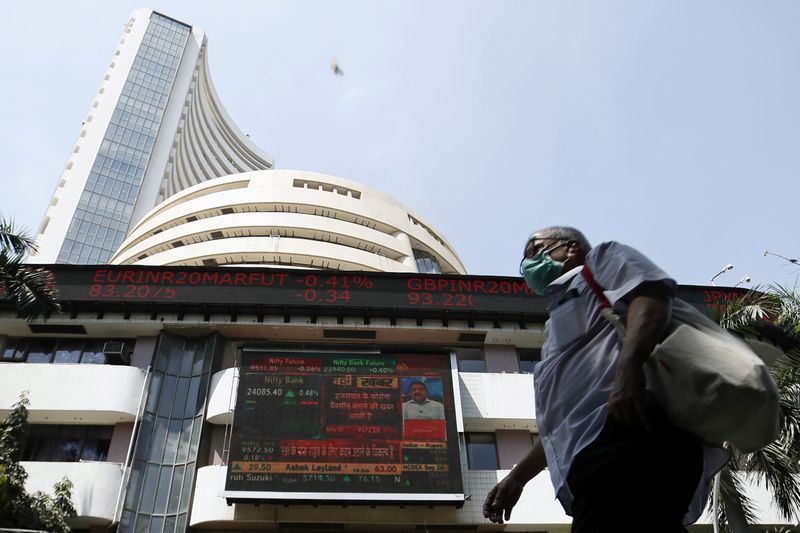(Bloomberg) -- The much-awaited rally 2.0 in emerging-market stocks may already be under way.
Investors’ risk appetite got a boost after Joe Biden’s U.S. presidential win and successes in vaccine development, pushing the benchmark MSCI gauge toward its best month since March 2016. The emerging-market equity rebound since the coronavirus rout in March is now worth $8.3 trillion, meaning more shareholder wealth has been added in the past eight months than in the two-year rally beginning 2016.
When the earlier advance was halted by U.S.-China trade tensions in January 2018, most money managers called it an interruption rather than the end of the rotation into emerging markets. They predicted the second leg of that rally would start once trade tensions subsided. Now, signs are that’s exactly what’s happening, albeit after a few months’ delay because of the pandemic.
Investors from BofA Securities to Renaissance Capital echo that view. A BofA survey this month among money managers overseeing $526 billion found that emerging markets were their most preferred destination. Investors should “buy anything and everything” in emerging and frontier markets next year as the most beaten-down asset classes may bounce back the quickest, RenCap’s London-based Chief Economist Charles Robertson and Analyst Vikram Lopez wrote.
The Rally in Four Charts
Developing-nation equities have added $8.32 trillion since a low in March, compared with $8.27 trillion between January 2016 and January 2018.
The MSCI Emerging Markets has risen to the highest level since March relative to the S&P 500, cementing its outpeformance over U.S. stocks.
Analysts have upgraded their consensus earnings estimate for the MSCI gauge for an 11th successive week, the most sustained increases since February 2018.
Despite their third successive quarter of gains, emerging-market stocks remain cheap in relative terms. The MSCI gauge trades at a valuation discount of 31% to the S&P 500, compared with its lifetime average of 25%.
Similarly, the relative strength index on the MSCI gauge’s monthly chart is under 64, far below the 70 level that would mark its “overbought” level. In the meltdowns that coincided with the global financial crisis and the start of the U.S.-China trade war, the stocks index didn’t enter a declining phase until the monthly RSI overshot 70 by a wide margin.
Both those factors suggest there’s enough momentum and value in emerging-market stocks to carry the current risk-on move well into 2021.
©2020 Bloomberg L.P.
